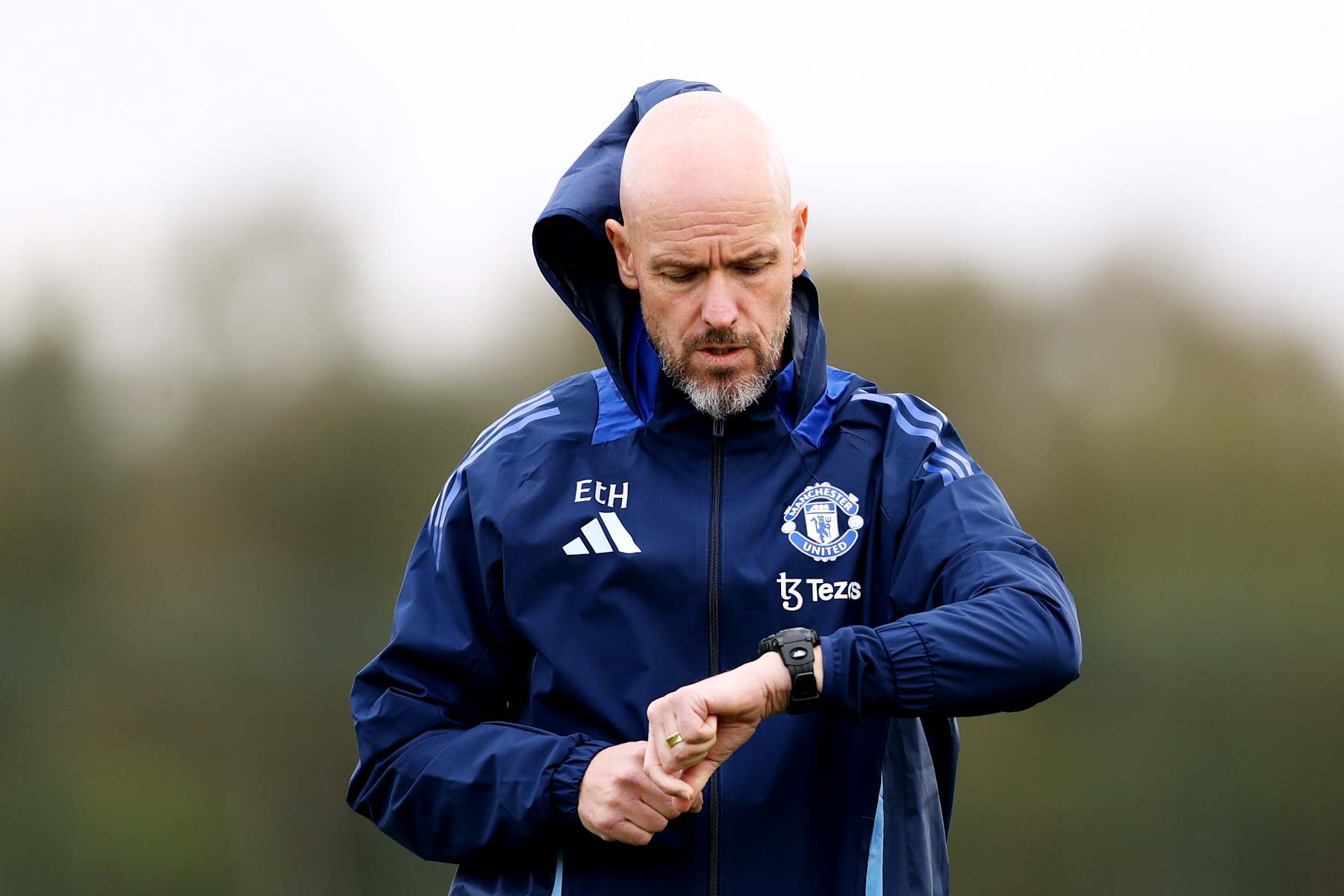The Premier League is currently navigating an injury crisis that has implications for the title race, forcing teams to rethink their strategic approaches. Clubs like Manchester City and Liverpool are missing key players, adding an unpredictable edge to this season's competition.
Injuries are a perennial challenge for football teams, but when they strike multiple key players simultaneously, the impact on both performance and strategy becomes pronounced. This season, the Premier League has seen a significant rise in injuries, affecting the dynamics of the title race. According to Premier Injuries, several top-tier teams are grappling with lengthy casualty lists. The absence of stars like Kevin De Bruyne from Manchester City and Virgil van Dijk from Liverpool exacerbates the situation, compelling managers to adapt and innovate under pressure.
The statistics tell a sobering story: as of the latest updates, clubs are experiencing a 20% increase in player absences compared to the previous season. This surge necessitates a focus on squad depth and the effectiveness of medical teams. "It's a challenge keeping players fit in such a congested schedule," says Dr. John Smith, a sports scientist at the University of Leeds. "The physical demands are heightened, and recovery times are critical."
For Manchester City, renowned for their possession-based play under Pep Guardiola, the absence of De Bruyne has required a tactical shift. The team has leaned more on players like Phil Foden and Bernardo Silva to fill the creative void. Guardiola's rotational strategy has been pivotal in maintaining their momentum, although it lacks the dynamism that De Bruyne brings to the midfield.

Liverpool, under Jurgen Klopp, face similar challenges. With pivotal figures like van Dijk sidelined, Klopp has had to rely on the versatility of Fabinho and the emergence of younger talents from the academy. "We're looking at every game as a tactical puzzle," Klopp admitted post-match last weekend. "The boys have shown great resilience, but we need to keep adapting."
This season's injury crisis spotlights the role of squad depth in maintaining competitiveness. For the so-called Big Six, the ability to rotate players without a dip in quality is crucial. Chelsea, for instance, have utilized their deep bench effectively, turning to players like Conor Gallagher and Marc Cucurella to cover gaps.

The strategic adjustments extend beyond just player rotation. Teams are incorporating more data-driven approaches to injury prevention and management. Clubs are investing in advanced technology and analytics to monitor player health and optimize training sessions. "We've adopted a holistic approach," says Chelsea's head of performance, Dr. Emily White. "It's not just about treating injuries but preventing them through tailored fitness programs."
In terms of tactical play, some managers are opting for more conservative strategies to mitigate the impact of missing key players. This involves adjusting formations and adopting a more pragmatic approach to games, often prioritizing defensive solidity over expansive attacking play.
The financial implications of these injuries are substantial, with clubs needing to balance the cost of medical treatments and potentially dipping into the transfer market for short-term solutions. Additionally, the long-term fitness of players is a concern, with the risk of recurring injuries threatening both individual careers and team fortunes.
The Athletic highlights how the injury crisis is leveling the playing field. Teams that traditionally dominate are finding themselves challenged by squads with robust fitness records. This shift is not only affecting the title race but also the qualification for European competitions, with unexpected contenders like Brighton and Aston Villa vying for top spots.
As the season progresses, the emphasis on medical teams and innovative strategies will likely determine the outcomes for many clubs. While the Premier League's injury woes are a significant challenge, they also present an opportunity for underdogs to capitalize on the misfortunes of giants.

In conclusion, the current injury crisis underscores the volatility and unpredictability inherent in football. It forces teams to evolve and adapt continuously, keeping both fans and analysts on their toes. Whether through tactical ingenuity or sheer squad depth, how teams navigate these challenges will ultimately define their success in this year's Premier League.
